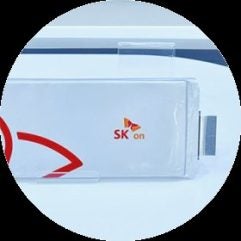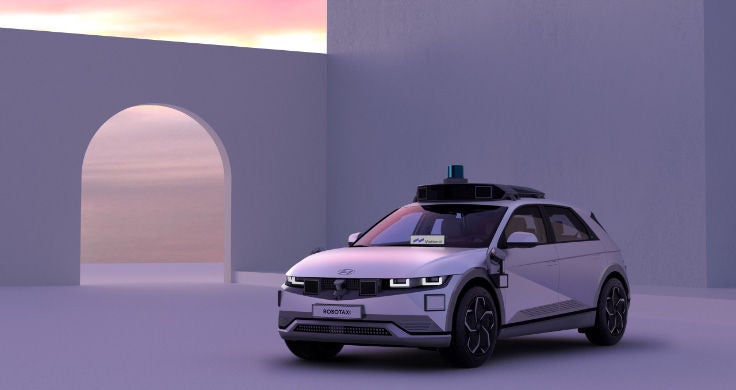
South Korean electric vehicle (EV) battery manufacturer SK On, majority owned by SK Innovation, plans to raise fresh capital to fund its global expansion and introduce new technology, according to local reports.
SK On, estimated to be the world’s fifth largest EV battery manufacturer, was understood to be raising at least KRW2trn (US$1.5bn) to help fund facility investment and was said to have contacted a number of international financial institutions to act as underwriters.
This latest cash call came after the company was listed on the South Korean stock exchange last year followed a pre-initial public offering (IPO) funding round which raised KRW2.25trn from investors including BlackRock, Qatar Investment Authority and a group of local investors.
Sources suggest SK On had not yet decided how much it would raise and which funding method to use. The funds would be used to invest in new factories, mainly overseas.
The company had four plants under construction in the US, in deals with Ford and Hyundai, while capacity was being expanded in South Korea and China.
SK On was also reportedly considering making larger 4680 type cylindrical battery cells to help meet growing demand from EV manufacturers for more energy dense and efficient cells. According to local reports, the company had begun a recruitment drive in South Korea to establish a new production operation for such cells.
How well do you really know your competitors?
Access the most comprehensive Company Profiles on the market, powered by GlobalData. Save hours of research. Gain competitive edge.

Thank you!
Your download email will arrive shortly
Not ready to buy yet? Download a free sample
We are confident about the unique quality of our Company Profiles. However, we want you to make the most beneficial decision for your business, so we offer a free sample that you can download by submitting the below form
By GlobalDataOverall, the company was expected to increase global battery cell production capacity from 90GWh to 500GWh by 2030.





